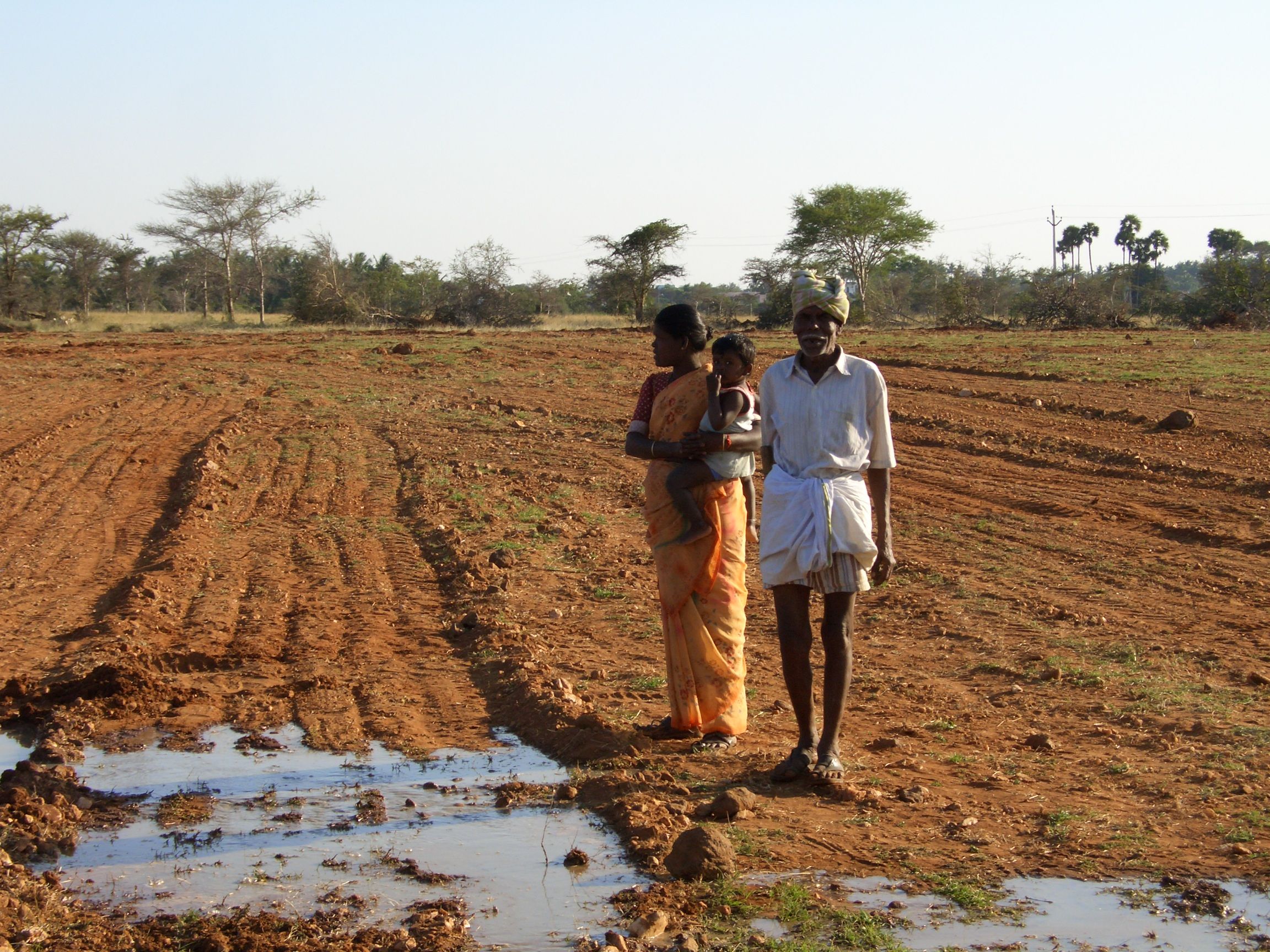Plant Breeders' Rights (PBR)
 ©
Paolo Whitaker/Reuters
©
Paolo Whitaker/Reuters
The protection of plant breeders’ rights
Through intellectual property rights such as patents and plant breeders’ rights or plant variety rights, access to genetic resources and their free use are made more difficult or even prevented for breeders and farmers.
Plant variety protection titles are intellectual property rights for a plant variety. They give plant breeders monopoly rights over the plant varieties developed by them for 20 to 30 years.
This is a system of intellectual property rights that was developed to meet the specific needs linked to the creation of new varieties: and although plant variety protection confers the monopoly of sales for the variety the breeder has developed, competitors are free to use the protected variety to develop a new one. In other words, access to genetic resources for new varieties remains free.
Plant variety protection originally concerned only farmers: they were free to reuse and exchange the seeds from their own harvests. But when the UPOV91 (International Union for the Protection of New Varieties of Plants) Convention was adopted, things changed.
Farmers’ rights under threat
Plant variety protection developed under the UPOV91 model forbids peasants from exchanging or selling their protected varieties of farmers’ seeds and drastically limits their rights to reuse them on their own farms.
 ©
Public Eye
©
Public Eye
When implemented in the countries of the South, the plant variety protection model of UPOV91 threatens access to seeds and the right to food for millions of farmers. An impact assessment on human rights published in October 2014 highlights how for the first time there is an existential threat to the families of smallholder farmers in the South that results from the obligations of the updated legislation on protection of plant varieties, as they depend on conventional methods for reproducing their seeds.
An impact assessment on human rights
The study ‘‘Owning Seeds, Accessing Food – A human rights impact assessment of UPOV 1991 based on case studies in Kenya, Peru and the Philippines“, jointly carried out by Public Eye and other NGOs, describes and documents the concrete constraints caused by stringent plant variety protection laws for small-scale farmers in the use of protected seeds from the previous year’s harvest for the first time. For UPOV basically prohibits the exchange and sale of seeds produced in this way and significantly restricts freedom of use, even in farmers’ own fields.
The UPOV91 rights contradict farmers’ rights as recognised in the FAO Treaty and the Declaration of peasants’ rights.
The UPOV Convention for the protection of plant varieties was negotiated by 20 industrialised countries without taking the specificities or needs of the countries of the South into account. It has now been imposed on the whole world, particularly through Free Trade Agreements. Under the pressure of industrialised states like Switzerland, many developing countries are obliged to adopt stricter legislation on the protection of plant varieties.
Alternatives exist
The former UN Special Rapporteur on the Right to Food, Olivier De Schutter, recommends that each country develop its own system adapted to its needs, which also strengthens the rights of farmers and biodiversity.
This is not currently the case. The most widespread are plant variety protection rights according to UPOV, which were negotiated by industrialised states in the presence of the seed production industry. Such plant variety protection rights fail to take the situation and needs of the countries of the South, farmers’ rights or questions of food security and agricultural biodiversity into account.

UPOV91 is not the only existing model for the protection of plant varieties. It is possible to protect plant varieties and also respect farmers’ rights. Our report clearly demonstrates that alternatives do exist. Furthermore, in the framework of the WTO trade agreements, countries are entitled to adopt sui generis systems of protection.
Public Eye is committed to promoting alternatives to UPOV91 that respect farmers’ rights and greater freedom as well as farmers’ rights within the UPOV Convention itself.
Public Eye is a founder member of the APBREBES association that is the first global civil society umbrella group organisation to have won observer status in UPOV, after a considerable struggle.

